Turkiye, Russia relations in Syria and the influence of Ukraine war
- Update Time : Sunday, November 24, 2024
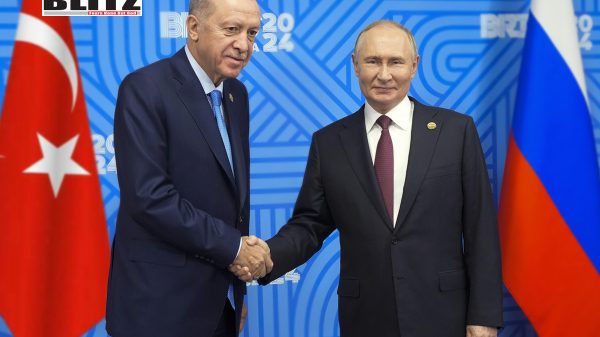
Turkish-Russian relations have experienced a rollercoaster of diplomatic highs and lows over the past decade, with the Syrian crisis often serving as both a flashpoint and a platform for fragile cooperation. While initial hostilities peaked after Turkiye shot down a Russian jet in 2015, leading to intense sanctions and fiery rhetoric, the two nations unexpectedly reconciled in late 2016. This rapprochement was driven by both domestic imperatives and international realignments, culminating in their collaboration under the Astana peace framework. However, recent developments suggest the partnership is being tested once again, with Russia referring to Turkiye as an “occupying force” in Syria-a term laden with geopolitical undertones.
This shift in tone from Moscow is emblematic of broader regional and global dynamics. The intersection of US politics, the ongoing war in Ukraine, and Turkiye’s balancing act between Washington and Moscow are all reshaping this complex relationship. At its core, Turkiye’s position in Syria and its role in the Ukraine conflict highlight the delicate and sometimes contradictory strategies Ankara employs to secure its national interests while navigating its relationships with major powers.
The roots of Turkish-Russian tension over Syria run deep. In 2015, the downing of a Russian Su-24 fighter jet by Turkish forces brought the two nations to the brink of open conflict. Russian President Vladimir Putin labeled the act a “stab in the back,” while Turkiye defended its airspace integrity. The crisis led to a suspension of economic ties and intense diplomatic hostility. Yet, by late 2016, the relationship took a surprising turn toward reconciliation.
Key to this rapprochement was the Astana framework, which allowed Ankara and Moscow to delineate their roles in Syria. Despite pursuing opposing objectives-Russia supporting the Assad regime and Turkiye opposing it-the two countries found common ground in managing de-escalation zones and coordinating military operations to prevent direct confrontation. This uneasy cooperation underscored a shared desire to limit Western influence in the region and manage their overlapping spheres of interest.
Despite years of collaboration, Russia’s recent characterization of Turkiye as an “occupier” in Syria signals a significant shift. This rhetoric coincides with Ankara’s growing optimism about a potential shift in US policy under Donald Trump, who is expected to reclaim the White House. Trump has long criticized the US military presence in Syria and expressed a desire to withdraw American troops-a move Ankara views as an opportunity to weaken Kurdish forces in northern Syria, which it regards as a terrorist threat.
Turkish policymakers have welcomed statements from Trump allies, such as Robert F. Kennedy Jr., suggesting the US would pull out of northern Syria to avoid becoming “cannon fodder” in regional conflicts. Ankara sees this as a chance to solidify its position in Syria without the complication of US-Kurdish alliances. However, Russia views these developments with unease, interpreting potential Ankara-Washington cooperation as detrimental to its own interests in Syria.
The timing of Moscow’s “occupier” comment is also notable in the context of Turkiye’s involvement in Ukraine. While Ankara has maintained a neutral stance by opposing Western sanctions on Moscow and supporting Ukraine’s territorial integrity, it has also supplied Kyiv with military equipment, including drones that have played a pivotal role in countering Russian advances. This dual approach has drawn criticism from Russian officials, who view Turkiye’s mediation efforts in the Ukraine conflict as undermined by its actions on the ground.
The interplay between US and Russian strategies in Syria has historically shaped Turkish foreign policy. For years, the US alliance with Kurdish forces, particularly the PKK/YPG, strained Ankara-Washington relations, driving Turkiye closer to Moscow. The Astana framework was a direct result of this realignment, allowing Turkiye and Russia to bypass the US-led Geneva talks and establish their own mechanisms for addressing the Syrian crisis.
However, Turkiye’s hope for a US withdrawal under Trump 2.0 has raised alarms in Moscow. Russia fears that a US exit could lead to greater Turkish influence in northern Syria, potentially at Russia’s expense. By labeling Turkiye as an “occupying force,” Moscow is likely signaling its displeasure with Ankara’s evolving strategy and attempting to recalibrate the balance of power in Syria.
For Turkiye, the challenge lies in managing its relationships with both the US and Russia without alienating either. Ankara’s policy in Syria hinges on two key objectives: eliminating Kurdish autonomy in the north and preventing the Assad regime from consolidating control near its borders. While US support for Kurdish forces has been a persistent irritant, Russian cooperation has provided Turkiye with a means to pursue its goals without direct confrontation.
Yet, this cooperation is increasingly fraught. Moscow’s rejection of Erdogan’s recent Ukraine peace proposal, which included freezing front lines and deploying international forces, suggests growing friction. By opposing Erdogan’s plan, Russia signaled its dissatisfaction with Turkiye’s dual role as both a mediator and a military supplier to Ukraine.
Meanwhile, Lavrov’s criticism of Turkiye’s arms sales to Ukraine highlights Moscow’s perception of Ankara as a contradictory partner-one that seeks to mediate peace while contributing to conflict. This perception is further complicated by Turkiye’s NATO membership and its efforts to position itself as a key player in shaping Trump’s approach to the Ukraine war.
The intertwining of Turkiye’s policies in Syria and Ukraine poses significant risks for Ankara. Should US support for Kurdish forces persist under Trump, Turkiye may find itself facing a worst-case scenario: continued American backing of Kurdish groups combined with Russian support for the Assad regime. Moscow has previously shown a willingness to collaborate with Kurdish forces when it suits its interests, particularly during periods of tension with Ankara.
Additionally, Turkiye’s ambitions in Syria could be undermined if Russia intensifies its support for Assad’s push to retake Idlib, the last major rebel stronghold. Such a move would place Turkiye’s military presence in northern Syria under greater scrutiny and strain its already stretched resources.
On the Ukraine front, Turkiye’s balancing act may become increasingly untenable. As NATO countries prepare for a potential Trump presidency, Ankara must navigate the dual pressures of maintaining its alliance commitments while avoiding further alienation of Moscow.
Turkiye’s foreign policy is at a crossroads. The convergence of US elections, the Ukraine war, and shifting dynamics in Syria has created a volatile environment where Ankara must carefully manage its relationships with both Washington and Moscow. While the prospect of US withdrawal from Syria offers opportunities, it also carries risks, particularly if it disrupts the fragile balance of power established under the Astana framework.
For Ankara, the challenge lies in maintaining its strategic autonomy while safeguarding its interests in Syria and Ukraine. As Moscow’s rhetoric sharpens and Washington’s policies remain uncertain, Turkiye’s ability to navigate these complexities will determine its success in the region. Whether it can continue to play both sides or will be forced to choose a definitive path remains an open question-one with profound implications for the balance of power in the Middle East and beyond.


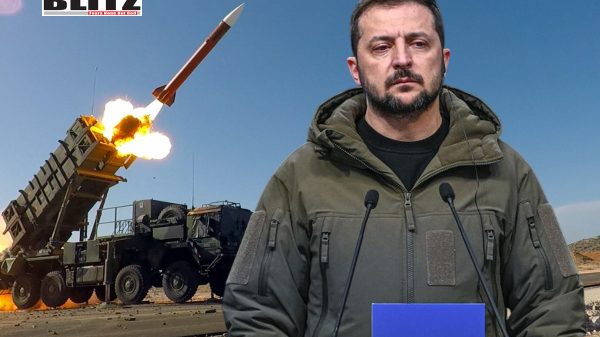
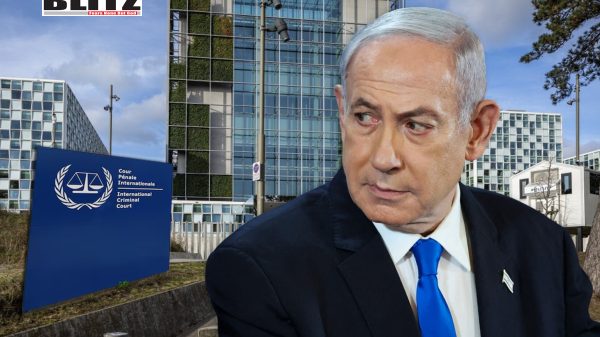
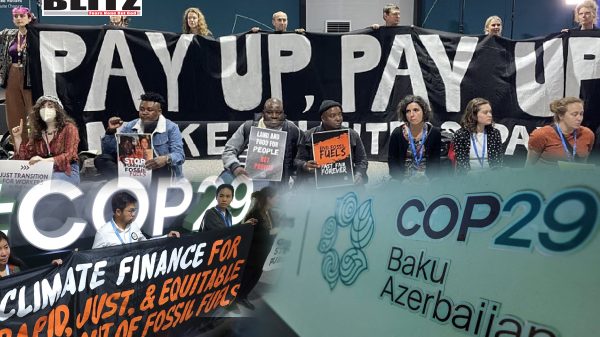
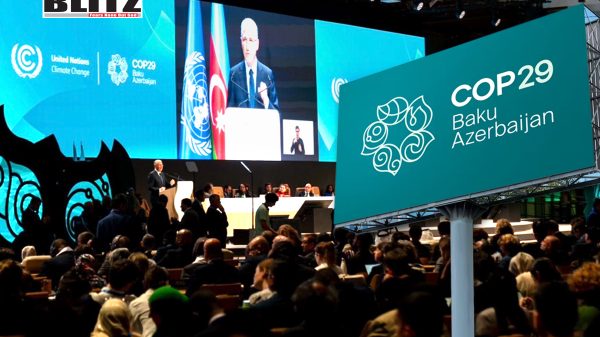

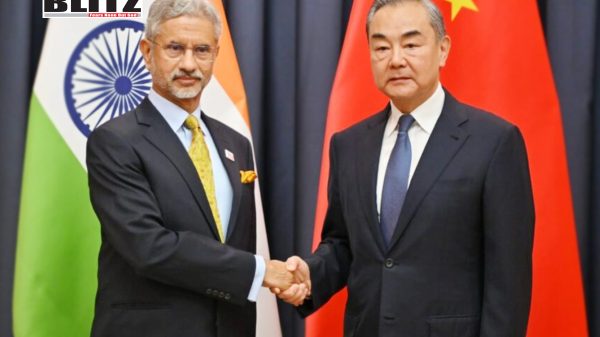
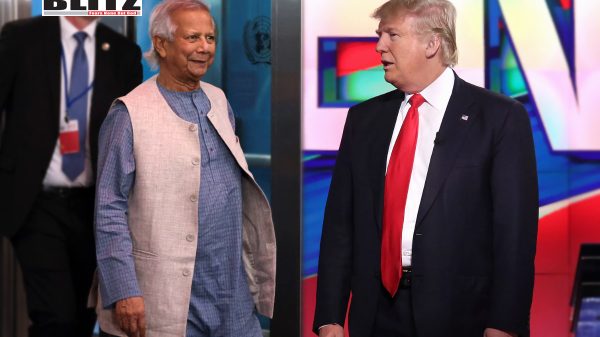
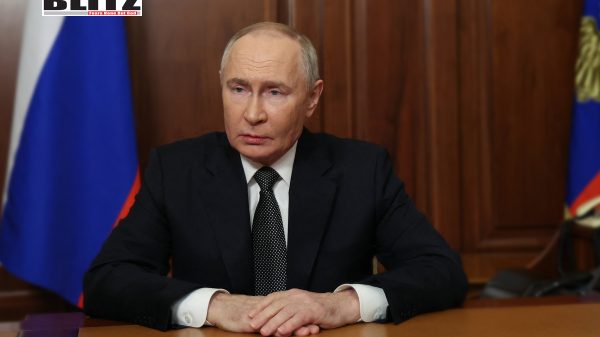
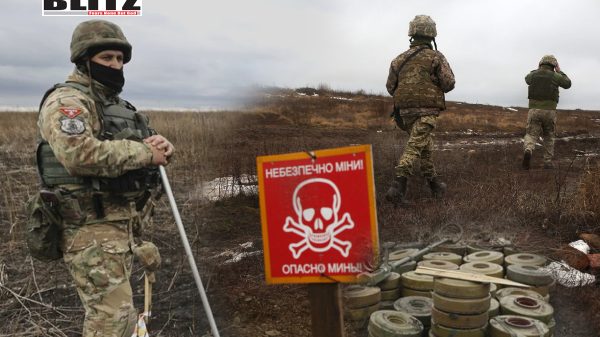
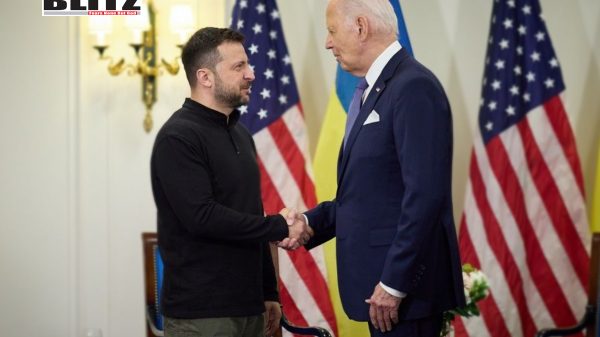
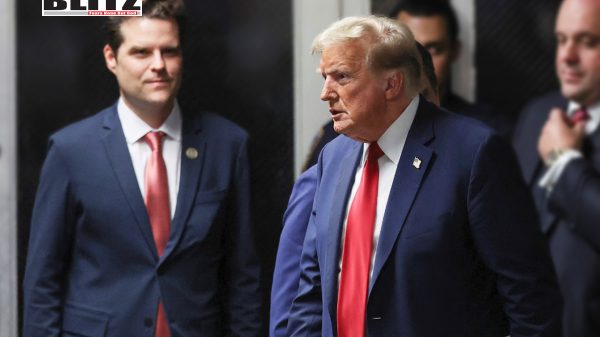


Leave a Reply